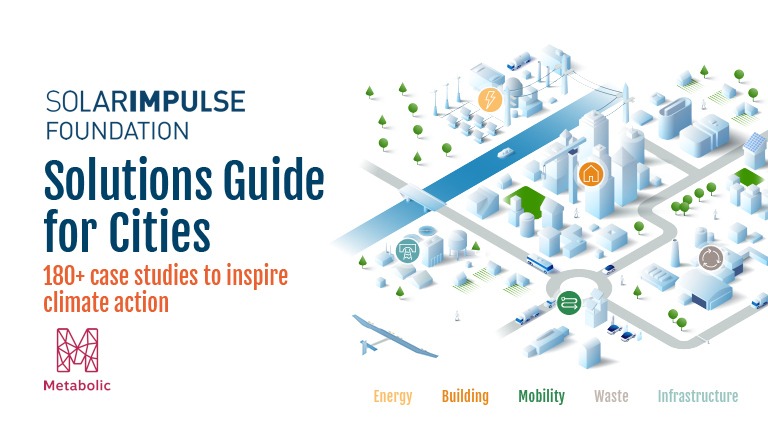News - February 22, 2023
Reading through the smart-city multi-layered regulatory framework


Written by Metabolic 2 min read
*This piece was initially included in the Solutions Guide for Cities, as Metabolic's second contribution*
Policy is a strong instrument that stimulates and accommodates the transition towards a circular economy. The policy and implementation strategies translate (technical) solutions into actionable policies, programs, and plans. To enable them to do so, the policy strategies should have four main areas of focus: development, support and facilitation, compliance, and capture.
City and regional governments operate within a complex, multi-level political system (municipal, provincial/state, national, multinational union). Goals and objectives can be misaligned, making it difficult to settle on the best policies, programs, and plans to implement. This same misalignment is even observed within municipal governments due to the large number of departments that work in silos, again with different goals and resources.
By smart mapping the different layers of policy, from local up to supranational level, we can align various targets in relation to sustainable development and the circular economy.
To achieve these targets, we often need to translate, realign, and create programs and regulations, and this requires knowledge and organizational restructuring. The smart mapping selects key policy strategies and supports governments in integrating national policies into their local policies and programs.
In addition to understanding the policy mechanisms in place, we need to understand the impact of our regulatory strategies on the built environment. Our Policy Knowledge Bank is a monitoring tool that provides us with information on how to finetune interventions in accordance with current and upcoming policy, rules and regulations and how to more thoroughly integrate these interventions in the political spheres. By properly codifying intervention through policy measures, we can maximize impact.
The case of Rotterdam, Netherlands
The city of Rotterdam has strong ambitions in relation to building an inclusive, circular economy. To achieve these goals, Metabolic supported the city and hosted a set of workshops with a diverse range of the municipal departments on the topic of a circular food system in the city. By mapping both the food system and the existing policies that were already active in the city, a set of key policy gaps and opportunities for collaboration were identified. As a result, a specific policy outcome was created: an integrated food policy initiative across multiple departments including health, sustainability, and economic development.
The case of North Holland, Netherlands
Another interesting case took place in Friesland, Groningen, and Drenthe, three northern provinces of the Netherlands, where Metabolic developed a metabolism scan of chemistry, agriculture, waste processing and the construction sector. The key focus of this analysis was mapping existing national regulations and identifying local policy instruments at the level of the province and municipalities that allowed for assuring circular construction standards that go beyond national ambitions. As a result of this policy analysis, the province and municipalities adopted a set of circular construction criteria and benchmarks into their local vision documents and policies. See below the full report >
Discover more, including other contributions by leading organisations in the Solutions Guide for Cities
THE SOLUTIONS FOR CITIES INITIATIVE
Are you interested in learning more about how you can turn policy strategies into actionable smart interventions? Reach out to Metabolic.

Written by Metabolic on February 22, 2023
